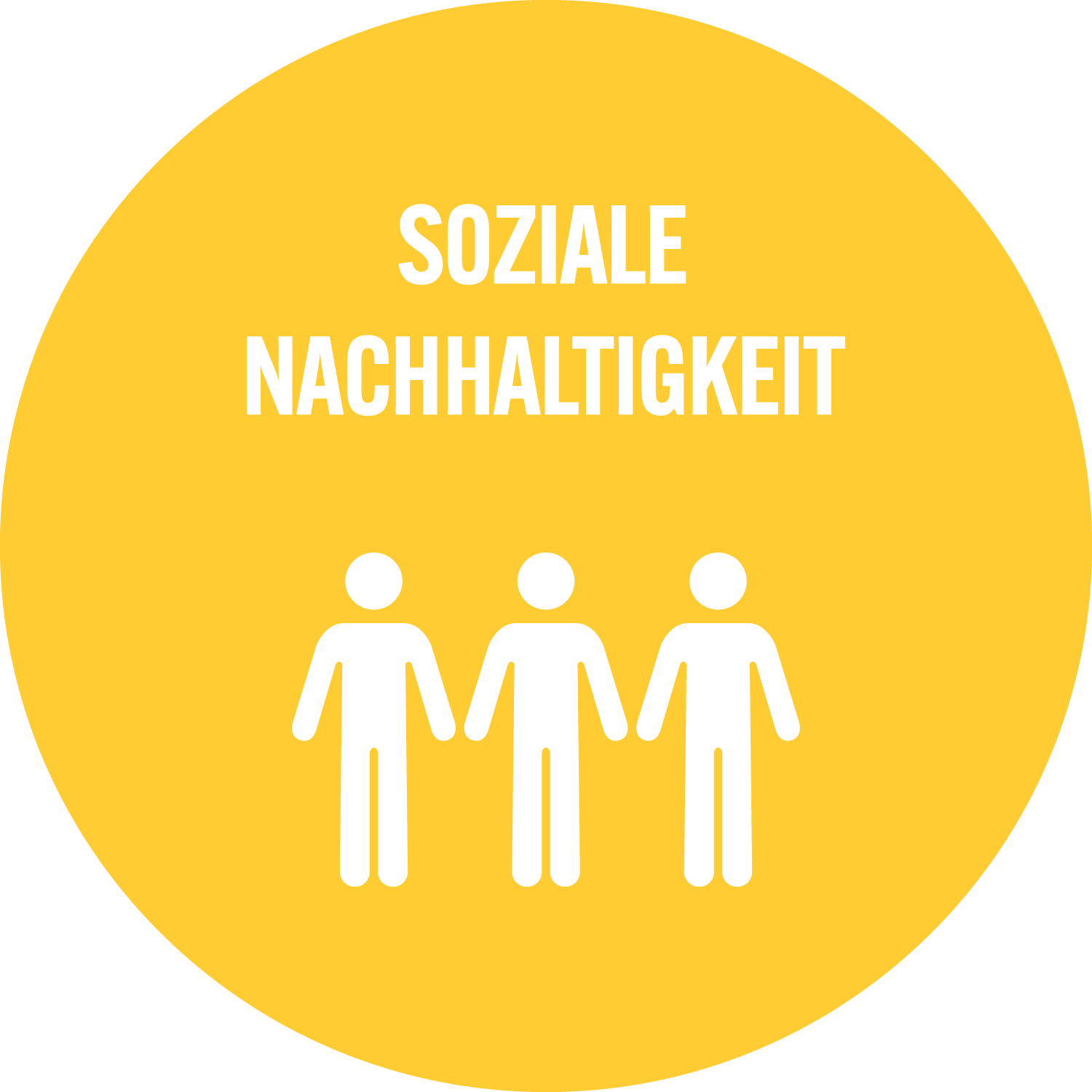|
Students' attitudes towards performance heterogeneity and their relation to contextual factors
Dotzel, Stefanie
;
Bonefeld, Meike
;
Karst, Karina
|
DOI:
|
https://doi.org/10.1007/s10212-021-00544-2
|
|
URL:
|
https://link.springer.com/article/10.1007/s10212-0...
|
|
URN:
|
urn:nbn:de:bsz:180-madoc-601294
|
|
Dokumenttyp:
|
Zeitschriftenartikel
|
|
Erscheinungsjahr:
|
2021
|
|
Titel einer Zeitschrift oder einer Reihe:
|
European Journal of Psychology of Education : EJPE
|
|
Band/Volume:
|
37
|
|
Heft/Issue:
|
1
|
|
Seitenbereich:
|
101-121
|
|
Ort der Veröffentlichung:
|
Dordrecht [u.a.]
|
|
Verlag:
|
Springer Netherlands [u.a.]
|
|
ISSN:
|
0256-2928 , 1878-5174
|
|
Sprache der Veröffentlichung:
|
Englisch
|
|
Einrichtung:
|
Fakultät für Sozialwissenschaften > Unterrichtsqualität in heterogenen Kontexten (Juniorprofessur) (Karst 2016-2022)
|
|
Bereits vorhandene Lizenz:
|
 Creative Commons Namensnennung 4.0 International (CC BY 4.0) Creative Commons Namensnennung 4.0 International (CC BY 4.0)
|
|
Fachgebiet:
|
370 Erziehung, Schul- und Bildungswesen
|
|
Abstract:
|
Previous studies examining attitudes towards performance heterogeneity have focused on attitudes among teachers. However, positive attitudes towards the school environment are also assumed to be conducive for students. The aim of this paper is to examine students' attitudes towards performance heterogeneity with a sample of 784 5th-grade students. Based on the three-component theory of attitudes (Eagly & Chaiken, 1993), we investigated whether students' attitudes towards performance heterogeneity are positive or negative. Furthermore, we analyzed contextual relations, focusing on whether students’ attitudes are linked to performance heterogeneity in the classroom and to a teachers’ behavior to manage performance heterogeneity. Descriptive statistics show that students’ attitudes towards performance heterogeneity are rather positive. Multi-level structural equation models reveal that contextual rather than individual characteristics relate to students' attitudes towards performance heterogeneity. Accordingly, students in heterogeneous classes show a more positive attitude towards performance heterogeneity than students in less heterogeneous classes. In addition, a teachers' capability of professionally managing heterogeneity is positively associated with students' attitudes towards performance heterogeneity. Accordingly, students' show more positive attitudes if teachers implement rules, effectively manage disruptions, orient themselves towards temporal reference norms, cultivate a positive error culture, and differentiate instruction in the classroom. We will discuss our results and consider implications for psychological aspects of education and learning.
|
 
 | Dieser Eintrag ist Teil der Universitätsbibliographie. |
 | Das Dokument wird vom Publikationsserver der Universitätsbibliothek Mannheim bereitgestellt. |
 Suche Autoren in Suche Autoren in
Sie haben einen Fehler gefunden? Teilen Sie uns Ihren Korrekturwunsch bitte hier mit: E-Mail
Actions (login required)
 |
Eintrag anzeigen |
|
|
 ORCID: 0000-0003-1940-2301 ; Karst, Karina
ORCID: 0000-0003-1940-2301 ; Karst, Karina  ORCID: 0000-0001-9976-6265
ORCID: 0000-0001-9976-6265



 Creative Commons Namensnennung 4.0 International (CC BY 4.0)
Creative Commons Namensnennung 4.0 International (CC BY 4.0)

 Suche Autoren in
Suche Autoren in